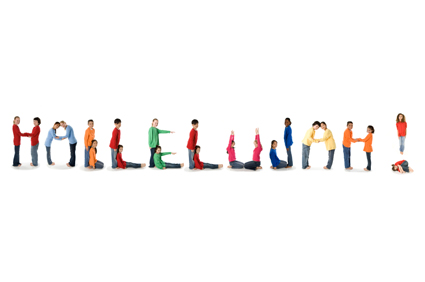Apparently Melissa Cheyney, CPM, head of the Oregon Board of Direct Entry Midwifery and and Wendy Gordon, CPM (and placenta encapsulation specialist!) are feeling pressured by my “attacks.”
Hallelujah!
I didn’t think that either my exposure of Gordon’s lies, or my exposure of MANA’s attempt to hide their own death rate could exert any pressure on them since they don’t seem to be the least bit pressured by dead babies. From my perspective (naive, I know), there could be no greater pressure than the fact that babies are dying preventable deaths for no better reason than preserving the ability of lay people to get paid for pretending to be midwives. Every REAL health care provider that I know (physician, house officer, medical student, CNM, student CNM) would be utterly devastated by even a single preventable death, let alone dozens of them.
I find it truly mind boggling that both Cheyney and Gordon could engage in such utterly reprehensible, totally unethical efforts to keep critical information from American women. Don’t they care at all about the dead babies?
Evidently not. They have progressed from lying by omission, refusing to release the MANA death rate while simultaneously boasting about the low C-section rate that resulted in those babies’ deaths, to straightforward bald faced lies like Wendy’s whopper appearing in her MANA blog post:
This research, which claims to be the largest study of its kind, relies on data from birth certificates (known as “vital records”). What we know about using information drawn from birth certificates is that they are pretty good for capturing information about things like mother’s age and whether she is carrying twins. They are not very accurate when it comes to rare outcomes like very low Apgar scores, seizures, or deaths (Northam & Knapp, 2006).
What does the Northam & Knapp article actually say? The exact OPPOSITE.
Birthweight, Apgar score, and delivery method agreed 91.9% to 100%. The high-percent agreement supports the reliability of those variables …
Before MANA started blocking comments, I managed to ask:
So the heart of Gordon’s argument is completely untrue. And Gordon referenced the mistruth with a citation that showed the opposite of what she claimed it showed.
Do you plan to correct that misinformation?
No one denied that Gordon deliberately misrepresented the data on the reliability of Apgars and deliberately misrepresented the North & Knapp paper. How could they? Anyone who can read can see the lie for themselves. But they didn’t correct it, either, because the truth is the last thing MANA wants women to know.
Cheyney and Gordon are downright pathetic. They are far feeling far more “pressure” about being exposed as liars than they feel about behaving grossly unethical and letting the deaths of innocent babies count for naught.
I’d like to address Cheyney and Gordon directly, since they obviously read this blog:
Stop lying! Stop hiding! Stop trying to bury dead babies twice, once in the ground and the second time in our collective memories.
How dare you two lie to American women by omission or commission? I never had any doubt that you aren’t healthcare providers; I’ve always known you are lay people trying to get paid while you get your birth junkie fix, but really??!! Have you no decency at all?
Release the MANA death rates. Stop lying about existing research. Start acting like the healthcare providers you claim to be and not a bunch of selfish, self-absorbed women who casually step over the tiny bodies of babies who didn’t have to die on your way to picking up a check.
And, one more thing: If you think this is pressure, you ain’t seen nothing yet!
If the behavior of Cheyney and Gordon makes you angry, please sign the petition to force MANA to release its own death rate.


